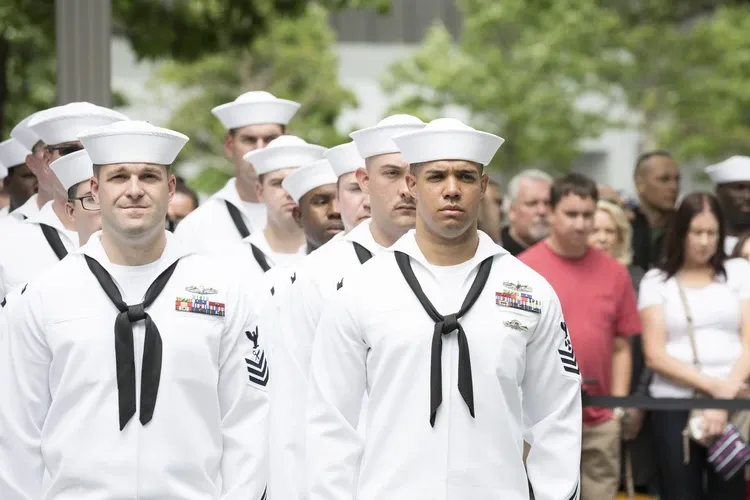Officials from the Army, Navy, and Air Force announced expectations for further recruiting shortfalls this year at a recent House Armed Services Committee meeting.
Army Vice Chief of Staff Gen. Randy George told the lawmakers that the Army expects to fall 10,000 enlistees short of their goal this year, while Vice Chief of Naval Operations Adm. Lisa Franchetti said the Navy expects to be about 6,000 enlistees short and Air Force Vice Chief of Staff Gen. David Allvin said the Air Force expects to be about 10,000 airmen short. The Navy met recruitment goals for active-duty sailors last year but failed to recruit sufficient numbers of active duty officers and reserve sailors; the latter barely met goals for active duty airmen but fell somewhat short for reserve and guard recruits.
George named eligibility challenges as a major barrier to recruitment since only 23% of Americans between seventeen and twenty-four years old are able to serve.
“We are in a war for talent when it comes to recruiting. Young men and women are, in large numbers, either unqualified or not interested in serving,” he told lawmakers. “Our Army is committed to maintaining its standards because we require and rely on high quality teammates.”
This statistic comes from a Department of Defense study of military eligibility published three years ago. The study revealed that weight, drug use, and physical and mental health problems were the primary factors that disqualified 77% of that population from serving in the military, an increase from 71% in 2013.
The branches have responded to this recruitment problem by lowering physical fitness standards, as well as boosting enlistment signing bonuses, with some reaching $50,000. The Army is also starting a pilot program to provide remedial academic and physical fitness instruction for young people who would like to become soldiers but whose current entrance exam and fitness test scores do not meet eligibility requirements.
Veterans interviewed by The Sentinel agreed that the eligibility problem contributes significantly to the recruitment crisis. “There is a huge epidemic of obesity and just a general lack of physical fitness across the country,” one said.
However, these veterans named three other factors hampering recruitment: COVID vaccine mandates, the infiltration of woke culture at the highest reaches of military leadership, and declining patriotism.
Though the Department of Defense rescinded the vaccine mandate earlier this year, one veteran who served in Afghanistan told The Sentinel that the mandate obliterated public trust in the military’s leadership.
“While there's no mandate now, they demonstrated complete lack of concern or discernment to soldiers’ needs,” he said. “One in particular I know of knew that the shots had a component he was deathly allergic to. Because the Army was so adamant about it, and ignored all requests from straight white males, he was denied even a medical waiver.”
Another veteran told The Sentinel that woke culture and declining patriotism were the biggest barriers to recruitment.
“It all comes back to culture. Both within the military branches and within the nation,” he said. “We look at the military now, and it’s sickening. We look at the nation that we sacrificed for, and it’s sickening. And it’s not just a drop in patriotism. The military branches are making an effort to conform to national culture when the military has always been countercultural. But all the branches have sacrificed their history and traditions and in doing so have become soft.”
Only 39% of Americans claimed to be “extremely proud” to be an American in one survey from Gallup this year, hovering near last year’s record low of 38%. The figure was 18% for respondents between eighteen and thirty-four years of age.



